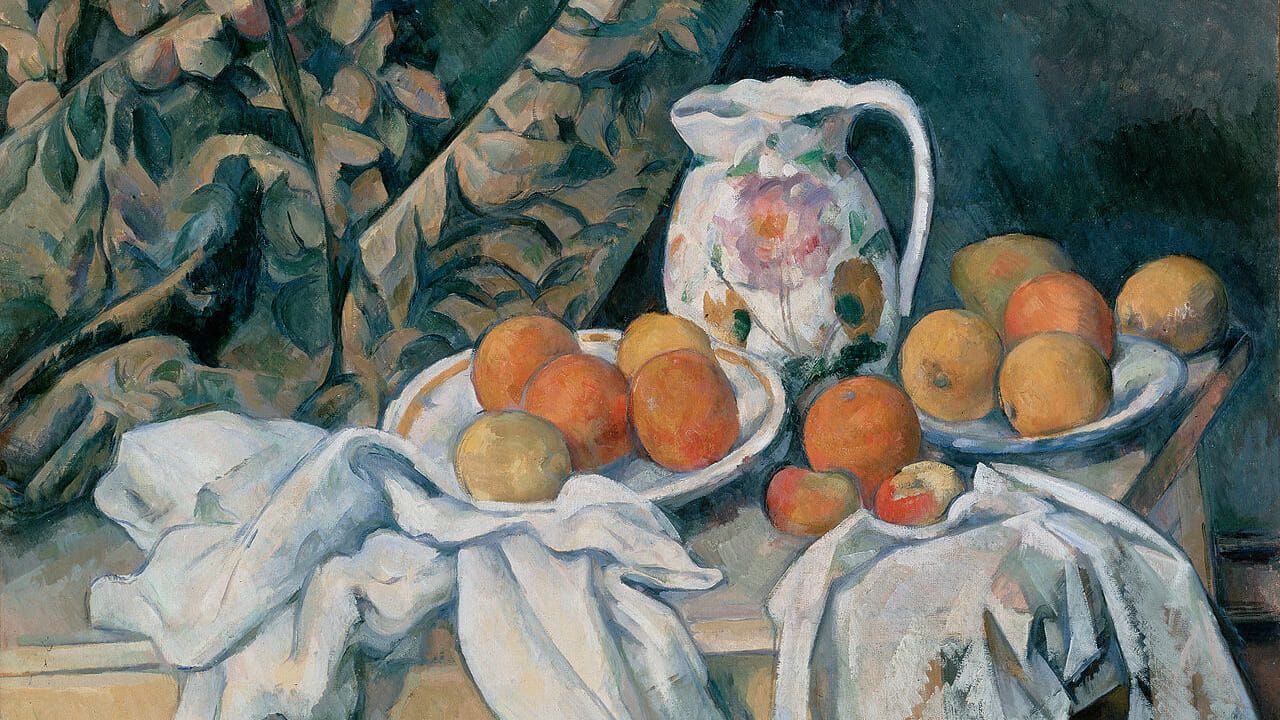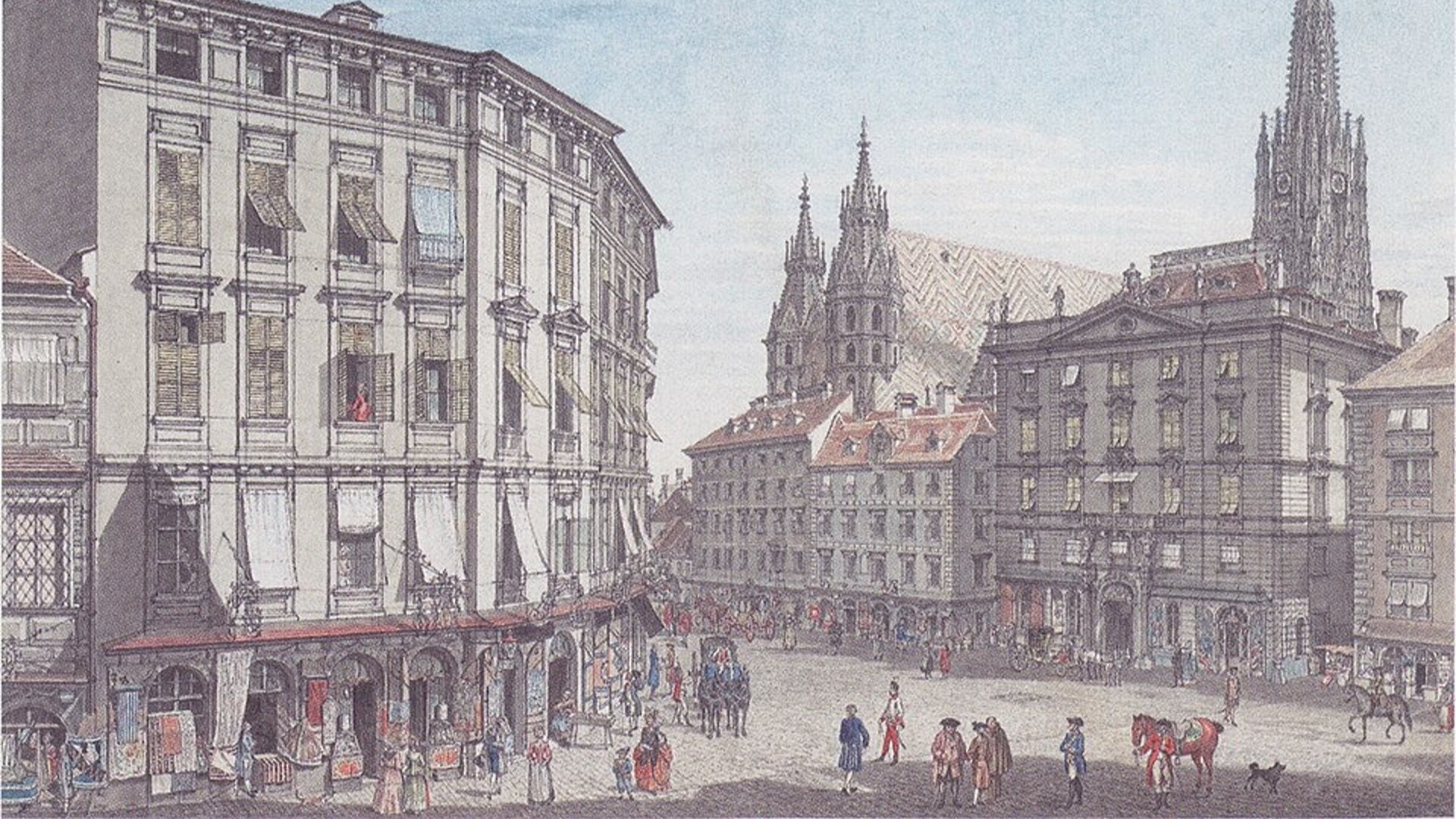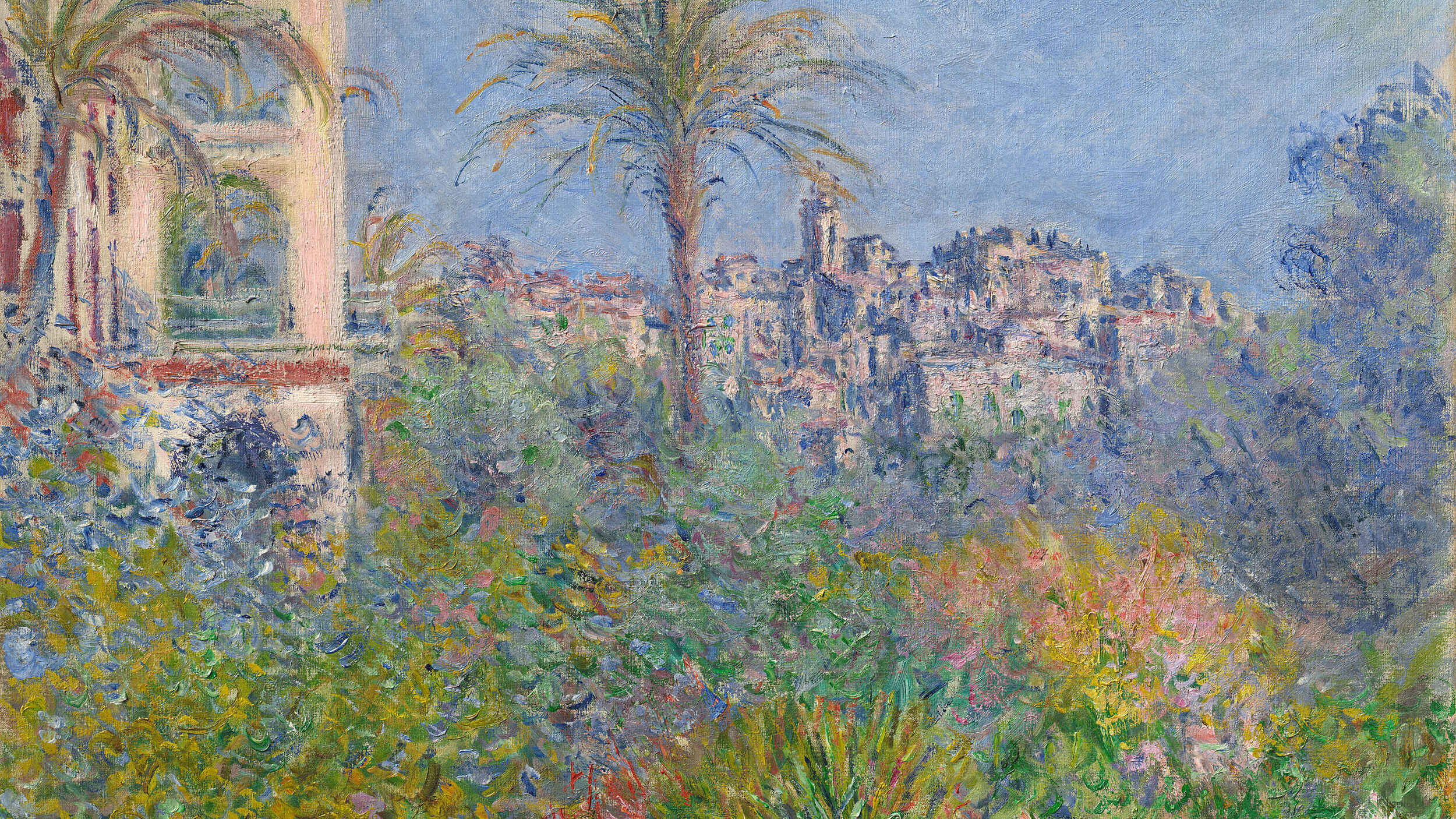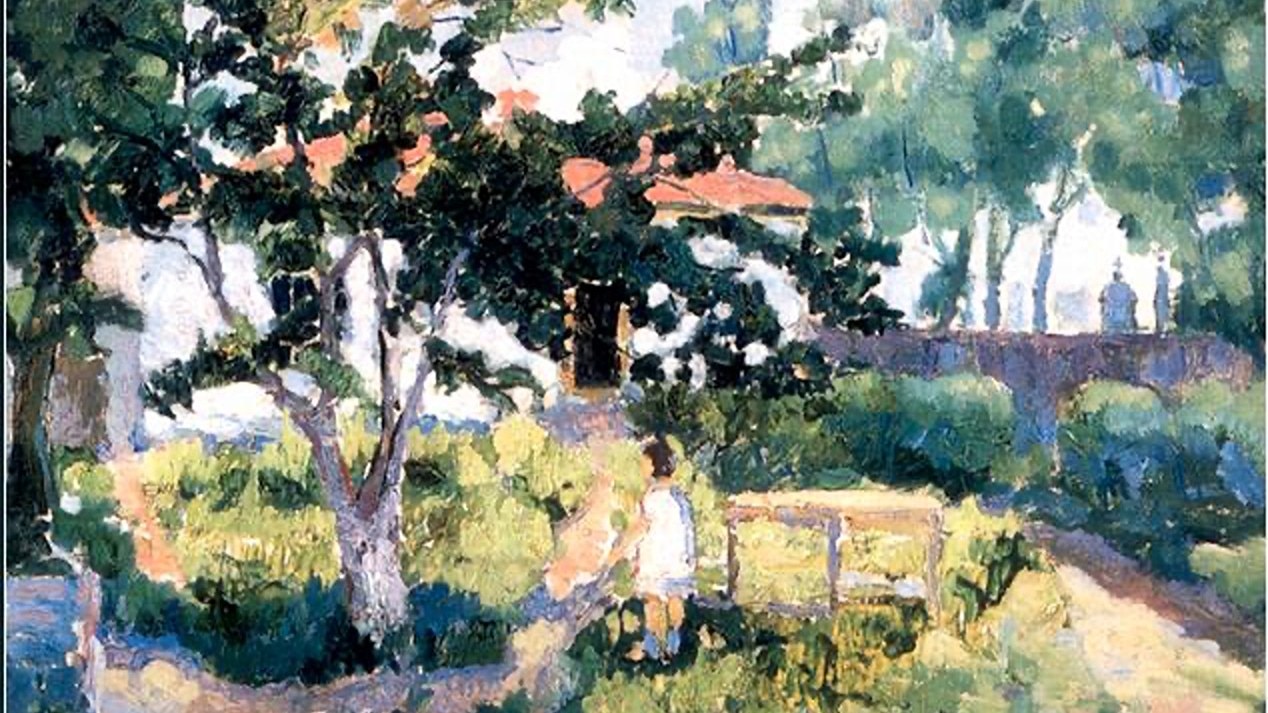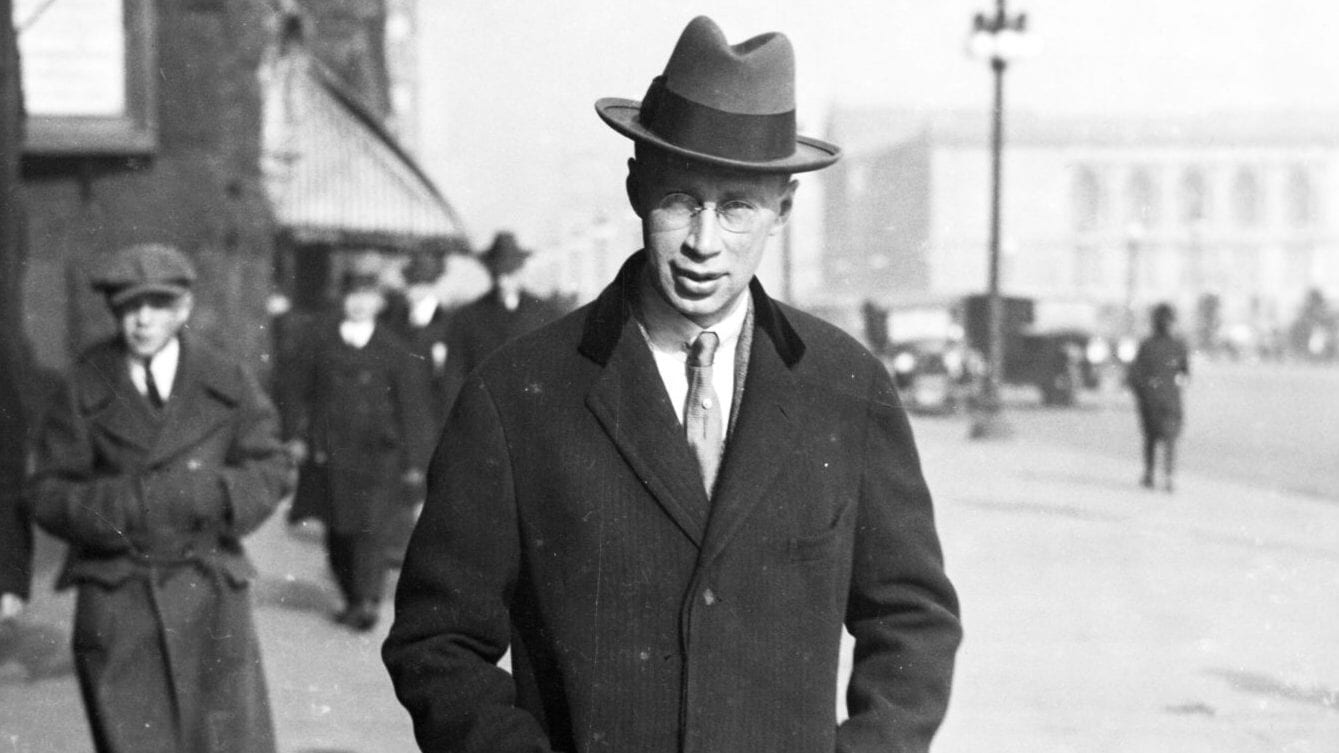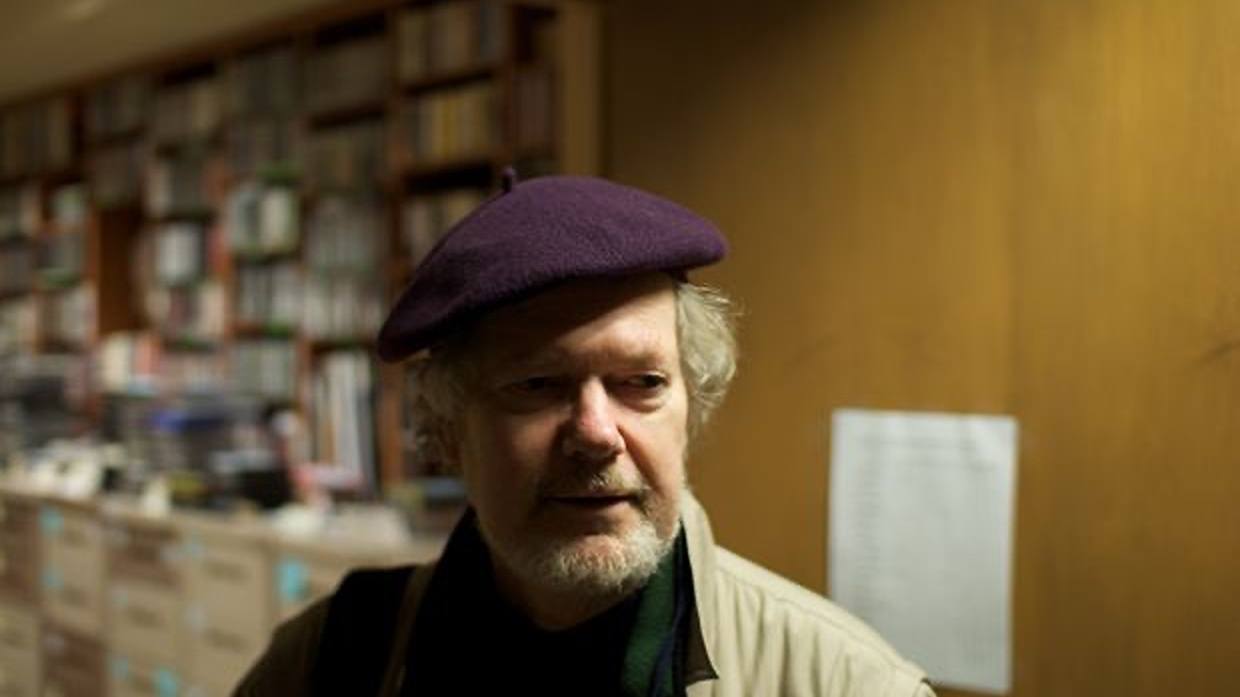Chausson’s Concert for Violin, Piano, and String Quartet: A Glorious Hybrid
Completed in 1891, Ernest Chausson’s Concert for Violin, Piano, and String Quartet, Op. 21 is a glorious hybrid. With the violin and piano functioning as solo protagonists set against the larger ensemble of the quartet, its musical dialogue resembles the Baroque concerto grosso. Brimming with bold virtuosity, it takes us on a dramatic journey that is virtually unique in the chamber music repertoire. The unusual title, suggesting a “harmonious ensemble,” recalls the …

